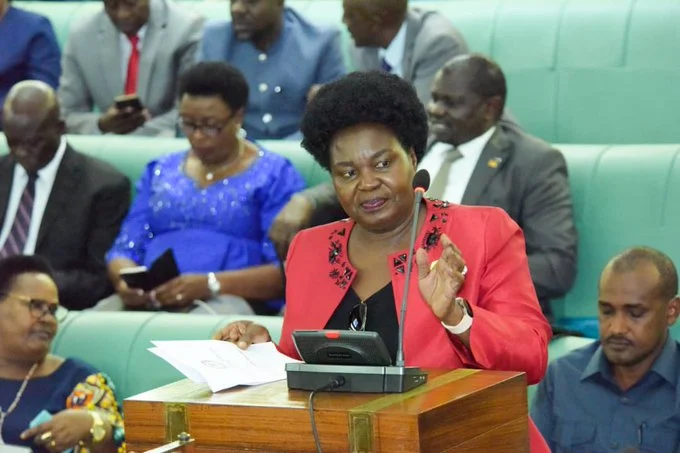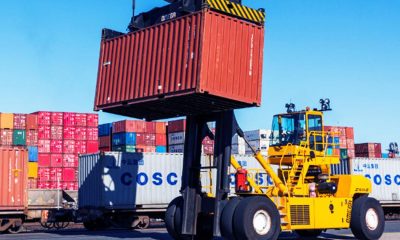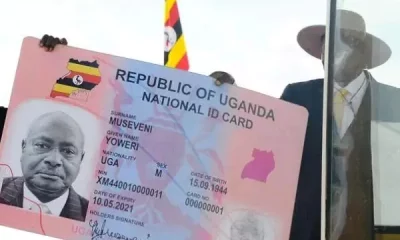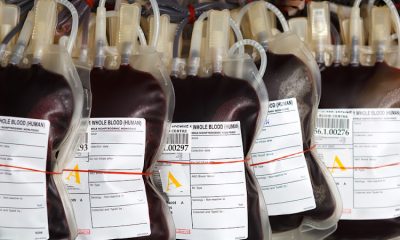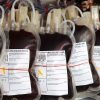Government addresses progress and challenges in oil sector
In a recent announcement to the Ugandan Parliament, Energy Minister Ruth Nankabirwa disclosed a significant shift in the expected timeline for Uganda’s oil production. The government, in an effort to allay concerns over delays, now aims to achieve its first oil production by the end of 2025, contradicting earlier communications that had set the date for May 2025. This development has sparked both anticipation and concerns among members of Parliament and the public.
Progress on oil wells: As part of the update, Minister Nankabirwa shared that the government has already drilled 11 oil wells – eight in the Tilenga area and three in the Kingfisher area. These wells possess the capacity to produce up to 190,000 barrels and 40,000 barrels of oil per day, respectively. The full production is projected to require a total of 457 wells and 35 well pads.
The construction of central processing facilities at both Kingfisher and Tilenga is reported to be underway, with the expectation that they will be ready by 2025. As of the latest update, the Tilenga facility is 33 percent complete, while the Kingfisher facility has reached 12 percent completion.
Oil exploration and licensing: Minister Nankabirwa also addressed the government’s commitment to expanding its resource base by issuing exploration licenses to various companies. These licenses have been granted to Armor Energy Ltd for the Kanyawataba area, Oranto Petroleum Ltd for the Ngassa Shallow and Deep areas, UNOC for the Kasurubani block, and DGR Global for the Turaco block.
Furthermore, she indicated that the Ministry aims to finalize a comprehensive National Petroleum Policy before the end of the financial year, which will set the stage for a conducive environment for exploration, development, production, and commercialization of resources while acknowledging energy transition initiatives.
Other oil projects: The government also revealed its involvement in the development of a 60,000 barrels per day oil refinery in Kabaale, Hoima district, demonstrating its commitment to expanding Uganda’s presence in the oil sector.
On the East African Crude Oil Pipeline (EACOP), the civil works began in August 2023, and the Resettlement Action Plan (RAP) for affected persons in the 10 districts crossed by the pipeline is currently underway.
Parliamentary concerns: However, several members of Parliament expressed concerns over the revised timeline. Napak District Woman Representative, Hon. Faith Nakut, highlighted the slow progress in oil well construction and called for assurance that the 2025 target would be met.
Christine Apolot (NRM, Kumi District) echoed the need for consistency in the oil production timelines, citing previous expectations for oil production in 2023. She emphasized the importance of clear and accurate communication to maintain public trust.
In response to these concerns, Minister Nankabirwa attributed the deadline shifts to Non-Government Organizations (NGOs) and Civil Society Organizations that have been campaigning against the EACOP project, suggesting that these external influences have contributed to delays.
